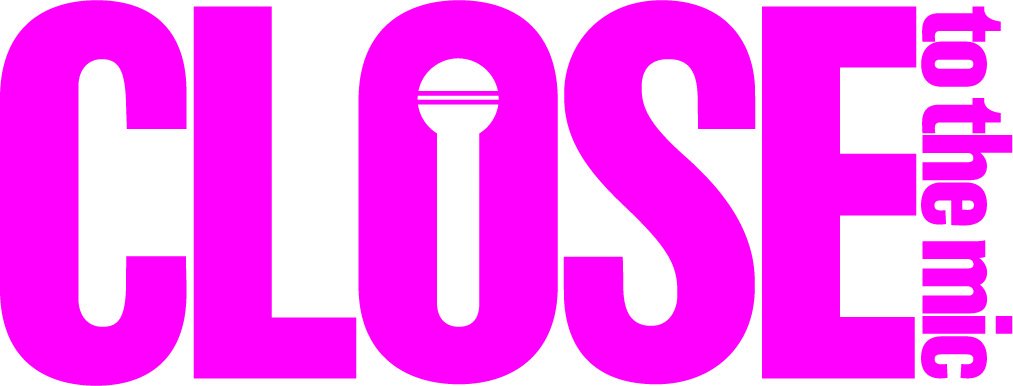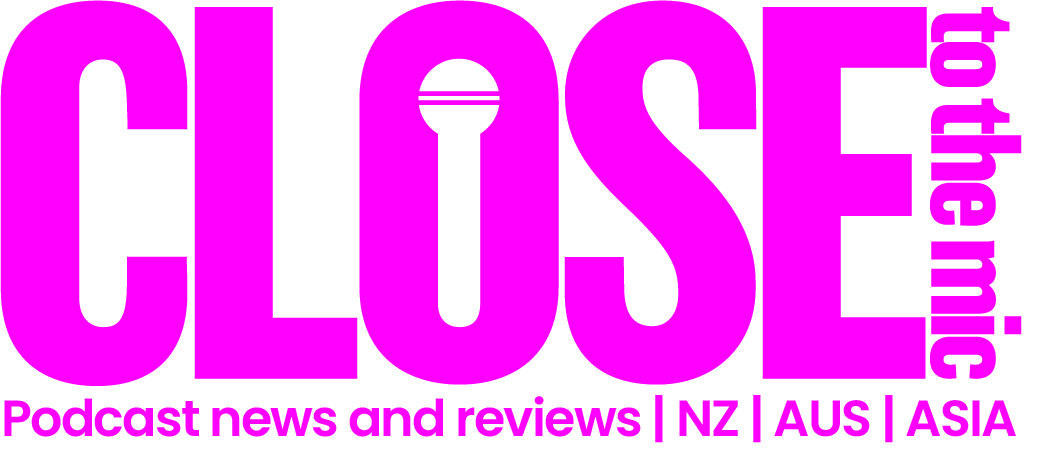Culture Dictates Podcast Trends
Original Image Svets Production
By Sonia Yee
Asia is an emerging market in the podcast landscape, and one event - Radiodays Asia provides an international meeting point for podcasting in an emerging market.
The two-day event features speakers from broadcast radio, and a full day dedicated to podcasting with this year’s upcoming event held in Kuala Lumpur in September.
Project director and founder, Anders Held, says Asia is important for the growth of the podcast industry. While not an expert on the Asian market, he keeps his eye on trends and says podcasting is new for these regions - and growing fast.
“I think podcast listening is driven by Gen Z and younger audiences, partly because it is relatively new, but also because you need to have easy access to the platforms where you access podcasts,” he says.
Held is responsible for founding the world's leading radio-audio conference Radiodays Europe recently held in Prague. Launched in 2010, the event was a response to the changing needs of the European industry across the public and private sectors.
Anders Held, founder Radiodays Europe and Radiodays Asia. Image supplied.
“I have had the opportunity to follow the growth and content development of podcasting - Sweden is home to Spotify and Acast, which are now important platforms for podcasters including in Asia-Pacific,” he says.
Almost a decade later he launched Radiodays Asia, and says in order to know what’s happening in each market means connecting with the local cultural context of each country.
For that reason, what might be successful in the States or internationally, might not transfer as readily to other audiences due to a cultural disconnect.
Held started his broadcasting career as a news reporter working in public radio in Sweden before transitioning into audience research, communication, and media strategy. Over the past decade, he has been promoting international development, innovation and collaboration within the radio industry, including big events that engage the podcast community.
He says the most popular genres across all markets are ‘self-learning podcasts’ and comedy, in part, because the content is less time sensitive.
“But there is a great variety in each market, and they differ quite a bit from each other,” he says.
The underlying success of podcasts are driven by fundamental elements that attract listeners.
“As with radio, the human connection, the trustworthy voices, are key to local success,” Held says.
Today, broadcast radio has been capitalising on its audio-ready content, whether it be repackaging their radio shows into highly consumable episodes and publishing them on podcast platforms, or creating investigative and long form series as ‘digital first’ products, which are then broadcast and repackaged for radio.
So is the same happening in Asian broadcast media?
Image: Arnav Pratap Singh
“The radio networks are definitely moving into podcasting in India and Malaysia. Radio sees this as a brand expansion opportunity, and they have the advantage of very well known and loved radio personalities,” says Held.
These markets understand that podcasting can be used as a tool to reach younger audiences and attract listeners to their radio brands. But like anywhere in the West, Held says the independent podcast community is also growing, which is positive for the podcast industry.
“It’s fun and interesting, but the business side is often the main issue,” he says of the challenges of monetising podcasts.
Held describes the global podcast industry as still in its infancy where the quality can vary hugely. He says the biggest contribution radio has made to podcasts is in laying the foundations for true crime, which has exploded in the podcast landscape.
“That has helped to raise interest in podcasting in general… true crime and other series with great stories, and celebrity podcasts have also been successful,” he says.
Radiodays Asia 2022. Image supplied.
News and current affairs podcasts have also been a big success in the podcast space. Audience habits have shifted to cater to the demand for accessible audio in the form of daily news briefings, business market updates, and in-depth news coverage on bigger current affairs issues.
Media outside of radio are also getting in on the act, seeing an opportunity to utlise their in-house reporters to deliver and repackage hot off the press news. But Held says the uptake has yet to happen in Asia.
“News is put in context by experienced journalists, and I think could be interesting to explore in Asia,” Held says.
He cites the European podcast market as one that is much more mature with “impressive listenership” in comparison to Asia.
But he is quick to add that we shouldn’t underestimate podcasts outside of the professional industry and says those producing content in local languages provide valuable information for their communities.
Radiodays Asia is a means to bring the podcast community together to understand what is going on across the region. The event features speakers presenting award-winning Asian podcasts, and those attending will also have a chance to hear success stories from international speakers.
One of the difficulties in coming to grips with podcast trends in Asia is the language barrier. But there are many podcasts produced in English.
Held recommends two from India currently on his radar: Maed in India, a podcast featuring interviews with contemporary musicians from different genres, including live music.
“It’s very well produced,” says Held, whose second recommendation he describes as a “fun listen”.
Kalki – My Indian Life is about a famous Bollywood film star who explores different aspects of Indian daily life: “It is produced by BBC India and is formatted to be interesting also for an outside audience,” Held says.
Radiodays Asia takes place on 5-6 September 2023.





